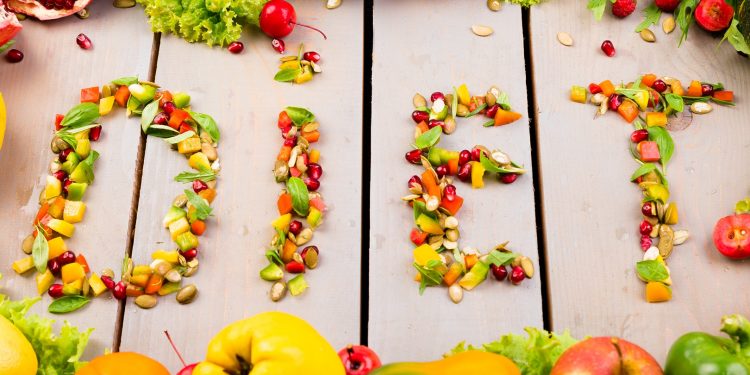Adopting a vegan diet can offer numerous health benefits, including a lower risk of heart disease, hypertension, type 2 diabetes, and certain cancers. However, without careful planning, vegans may be at risk of certain nutrient deficiencies. A well-planned vegan diet can provide all the necessary nutrients for optimal health, but it requires knowledge and sometimes supplementation. Here’s how to address some common nutrient deficiencies that may occur in a vegan diet.
1. Vitamin B12
Vitamin B12 is crucial for nerve function, brain health, and the production of DNA and red blood cells. It’s primarily found in animal products, and deficiency can lead to anemia and neurological issues.
Solution: Vegans should seek fortified foods, such as plant milks, breakfast cereals, and nutritional yeast, or take a B12 supplement to meet their needs. The recommended daily intake is 2.4 mcg for adults, but higher doses may be required for those with absorption issues.
2. Iron
Iron is essential for the formation of red blood cells and transport of oxygen throughout the body. Plant-based sources of iron (non-heme iron) are less easily absorbed than those from animal products (heme iron).
Solution: Include a variety of iron-rich foods like lentils, chickpeas, beans, tofu, cashews, chia seeds, ground linseed, hemp seeds, pumpkin seeds, kale, dried apricots, and fortified cereals. Enhance iron absorption by consuming these with vitamin C-rich foods, such as oranges, strawberries, bell peppers, and broccoli.
3. Omega-3 Fatty Acids
Omega-3s are important for brain health and may reduce the risk of heart disease. They are found in high amounts in fatty fish, but vegans can get them from plant sources.
Solution: Include sources of alpha-linolenic acid (ALA), such as flaxseeds, chia seeds, hemp seeds, and walnuts. Consider taking an algae-based DHA and EPA supplement, especially for pregnant and breastfeeding women, to support brain health.
4. Calcium
Calcium is vital for bone health and plays a role in heart and muscle function. While many associate calcium with dairy products, there are plant-based sources available.
Solution: Consume fortified plant milks and juices, tofu made with calcium sulfate, and leafy green vegetables (such as kale and bok choy). Almonds, figs, and tahini are also good sources. Ensure adequate vitamin D intake to improve calcium absorption.
5. Vitamin D
Vitamin D is important for bone health, immune function, and reducing inflammation. It can be challenging to get sufficient vitamin D from food sources alone.
Solution: Get regular sun exposure where possible. In higher latitudes or for individuals with limited sun exposure, consider vitamin D2 or vegan D3 supplements. Fortified foods can also help meet vitamin D needs.
6. Zinc
Zinc plays a role in immune function, wound healing, and DNA synthesis. Plant-based sources of zinc are less easily absorbed than animal-based sources.
Solution: Include foods like whole grains, wheat germ, tofu, sprouted breads, legumes, nuts, and seeds in your diet. Soaking nuts, seeds, and legumes can improve zinc absorption.
7. Iodine
Iodine is crucial for thyroid function, which regulates metabolism. Vegans might not get enough iodine if they do not consume iodized salt or sea vegetables.
Solution: Use iodized salt in moderate amounts or include sea vegetables like nori in your diet. Be cautious with kelp, which can contain very high levels of iodine. A small supplement might be necessary for those not using iodized salt or consuming sea vegetables.
Planning a Balanced Vegan Diet
To ensure a nutritionally adequate vegan diet, it’s essential to:
- Eat a wide variety of fruits, vegetables, legumes, nuts, and seeds every day.
- Consider the use of fortified foods and supplements, especially for nutrients like B12, vitamin D, and omega-3 fatty acids.
- Regularly check nutrient levels through blood tests to address any deficiencies early.
A well-planned vegan diet can support a healthy lifestyle across all stages of life, providing all necessary nutrients while offering numerous health benefits. Consulting with a healthcare provider or a dietitian specialized in vegan nutrition can help tailor dietary choices to individual health needs and preferences.










